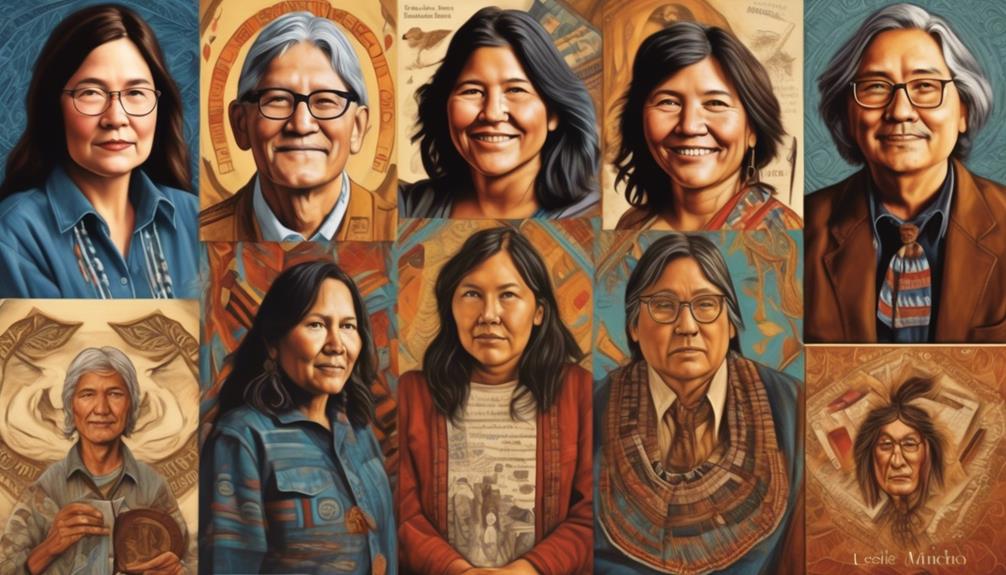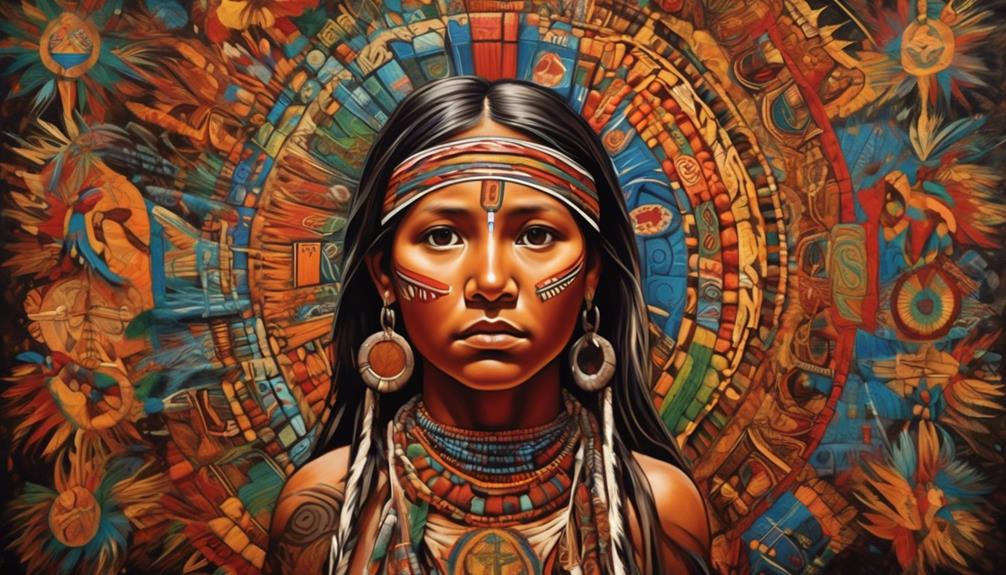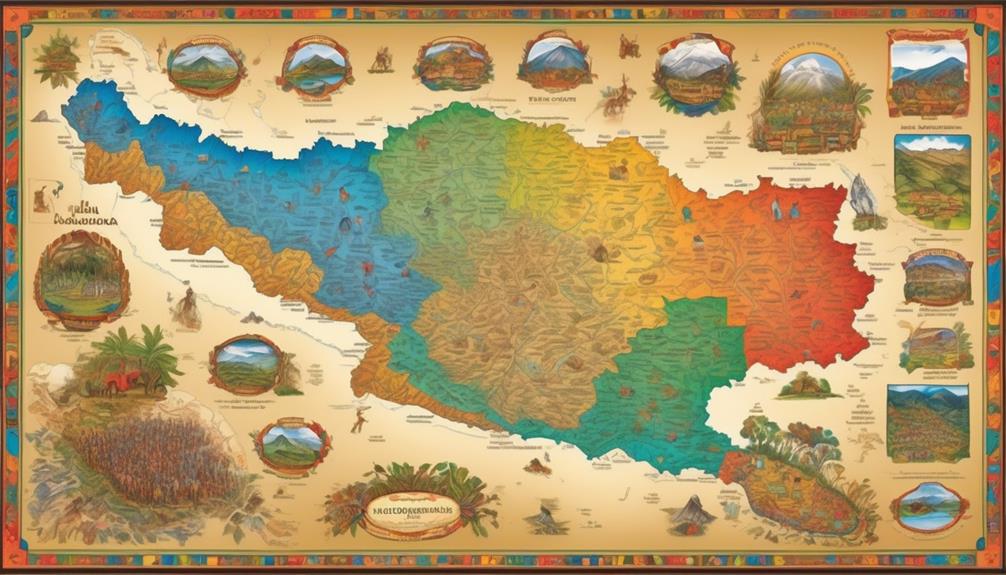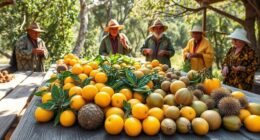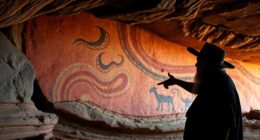Who are some well-known American authors who have greatly influenced the world of literature? When we think about the realm of written works, names like Sherman Alexie, Louise Erdrich, Leslie Marmon Silko, Thomas King, and Oodgeroo Noonuccal often stand out.
However, are these the only indigenous writers we should be familiar with? Let's explore and uncover the rich tapestry of indigenous writers and their impactful contributions to the literary world.
Key Takeaways
- Sherman Alexie, Louise Erdrich, Leslie Marmon Silko, Thomas King are well-known indigenous writers.
- These writers explore contemporary indigenous experiences, shedding light on the impact of colonization on indigenous communities and challenging stereotypical portrayals of indigenous people.
- They skillfully weave storytelling tradition into modern narratives and incorporate indigenous storytelling traditions into contemporary literature.
- Oodgeroo Noonuccal is a significant figure in Indigenous literature, pioneering the inclusion of Aboriginal issues in Australian literature and advocating for social and political change.
Sherman Alexie
Sherman Alexie, a prolific and influential Native American writer, has garnered widespread acclaim for his poignant and unapologetic exploration of contemporary indigenous experiences. His works delve deeply into the complexities of cultural identity and the impact of colonization on indigenous communities. Through his writings, Alexie adeptly portrays the struggles and triumphs of Native Americans, offering a vivid portrayal of the challenges they face in a rapidly evolving world.
Alexie's contribution to indigenous literature is profound, as he skillfully weaves the storytelling tradition of his people into modern narratives, bridging the gap between the past and the present. His work serves as a powerful testament to the resilience and enduring spirit of indigenous cultures, while also shedding light on the harsh realities they confront in the wake of historical injustices.
Louise Erdrich
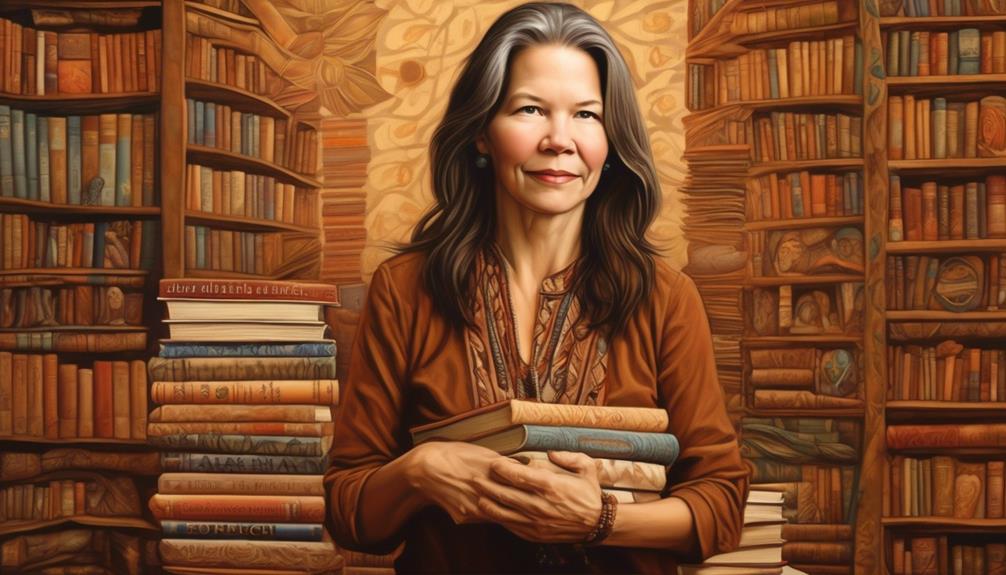
Louise Erdrich, an accomplished and celebrated indigenous author, has established herself as a prominent voice in contemporary Native American literature through her deeply evocative storytelling and insightful exploration of the complexities of indigenous experiences. Erdrich, a member of the Turtle Mountain Band of Chippewa Indians, has contributed significantly to the exploration of Ojibwe culture in her works, showcasing a deep commitment to cultural preservation and the portrayal of Native American resilience.
Erdrich's novels, such as 'Love Medicine' and 'The Round House,' delve into multigenerational storytelling, weaving together narratives that span across time to illuminate the depth and richness of indigenous heritage. Her writing exemplifies the power of Indigenous storytelling in conveying the intricate tapestry of Native American life, connecting past, present, and future in a way that resonates with readers on a profound level.
Through her poignant and masterful prose, Erdrich sheds light on the enduring spirit of Native American communities, offering a window into their experiences, struggles, and triumphs. Her contributions to Native American literature are invaluable, as she continues to enrich the literary landscape with her insightful and compelling portrayals of indigenous life.
Leslie Marmon Silko
Leslie Marmon Silko, another influential Indigenous author, similarly illuminates the complexities of Native American experiences through her evocative storytelling and profound exploration of cultural heritage. Silko's writing style is characterized by its rich oral tradition, blending traditional storytelling with contemporary narrative techniques. Her works, such as 'Ceremony' and 'Almanac of the Dead,' delve into the spiritual and cultural foundations of Indigenous communities, addressing themes of identity, tradition, and the impact of colonization on Native peoples.
Silko's profound exploration of cultural heritage is evident in her meticulous portrayal of traditional Laguna Pueblo beliefs and practices, infusing her narratives with the essence of Indigenous spirituality and interconnectedness with the land. Through her writing, Silko not only preserves the legacy of her people but also challenges mainstream literary norms, offering a unique perspective that intertwines history, myth, and personal experience.
Her works not only serve as a literary expression but also as a means of cultural preservation, capturing the essence of Indigenous traditions and worldviews. Silko's writings continue to be instrumental in broadening the understanding of Indigenous experiences and challenging the conventional literary canon.
Thomas King
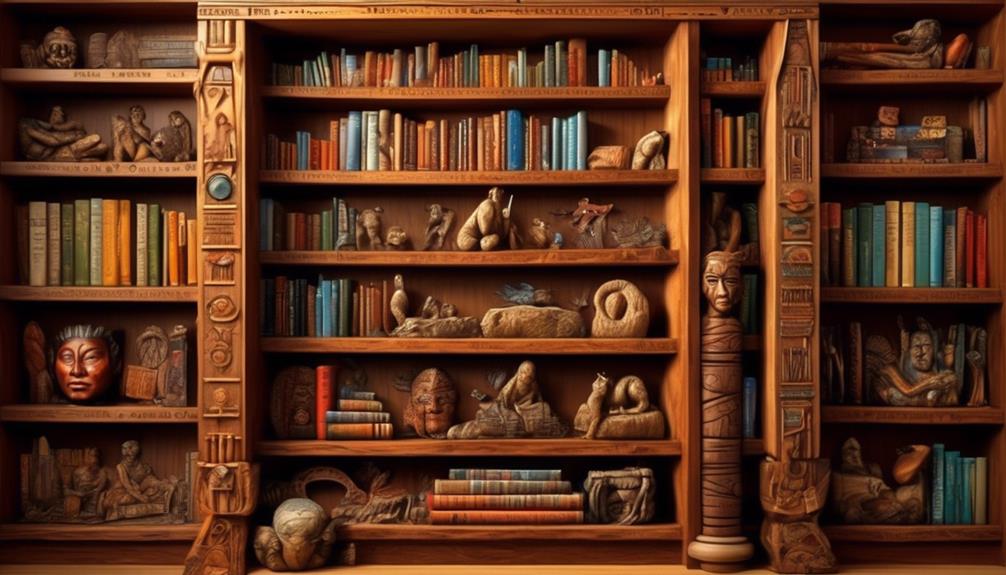
Renowned for his incisive wit and astute observations, Thomas King, a distinguished Indigenous writer, is celebrated for his thought-provoking narratives that skillfully navigate the complexities of Indigenous identity and history. King's works delve into the intricate layers of cultural identity, intertwining storytelling traditions with a deep exploration of Indigenous resistance in literature. His writing often showcases Indigenous humor as a powerful tool for addressing colonialism and environmentalism.
King's exploration of cultural identity is a central theme in his writings. He adeptly examines the nuances of Indigenous identity, challenging stereotypical portrayals and presenting a more authentic representation through his characters and narratives. His works navigate the impact of historical and contemporary forces on Indigenous communities, offering a profound understanding of the complexities of Indigenous experiences.
Moreover, King's incorporation of Indigenous storytelling traditions into his works serves to preserve and honor Indigenous oral traditions, weaving them into the fabric of contemporary literature. His narratives reflect a deep respect for the power of storytelling in Indigenous cultures, emphasizing its role in preserving history and fostering resilience in the face of adversity.
In addressing Indigenous resistance in literature, King confronts the legacies of colonialism, advocating for Indigenous voices to be heard and respected. Furthermore, his works often carry strong environmentalist messages, drawing attention to the interconnectedness of Indigenous communities with the natural world and the impact of environmental degradation on their lives.
Oodgeroo Noonuccal
A significant figure in Indigenous literature, Oodgeroo Noonuccal adeptly weaves together her experiences and cultural heritage to create impactful narratives that resonate with readers. Exploring Oodgeroo Noonuccal's impact on Indigenous literature reveals her pioneering role in bringing Aboriginal issues to the forefront of Australian literature. Her works, including 'We Are Going' and 'Stradbroke Dreamtime,' challenge the dominant narratives and stereotypes about Indigenous people, offering a counter-narrative that portrays the richness and complexity of Aboriginal life and culture.
Analyzing the themes in Oodgeroo Noonuccal's writings uncovers her deep commitment to social justice, the environment, and the preservation of Indigenous traditions. Her poetry often addresses the themes of dispossession, discrimination, and the importance of connection to the land. Noonuccal's writing also celebrates the resilience and strength of Indigenous communities, emphasizing the need for reconciliation and understanding between Indigenous and non-Indigenous Australians.
Oodgeroo Noonuccal's impact extends beyond her literary contributions; she was also a prominent activist for Aboriginal rights, using her platform as a writer to advocate for social and political change. Through her writing and activism, Noonuccal left an indelible mark on Indigenous literature, paving the way for future generations of Indigenous writers to share their stories and perspectives.
Frequently Asked Questions
What Specific Themes or Topics Do These Indigenous Writers Often Address in Their Work?
In their work, indigenous writers often explore themes related to cultural identity, delving into the complexities and nuances of their heritage.
Additionally, they frequently address the representation of historical trauma, shedding light on the impact of colonization and historical injustices on indigenous communities.
Through their writing, these authors provide a profound and insightful perspective on these themes, contributing to a deeper understanding of indigenous experiences and history.
How Have These Writers Influenced the Portrayal of Indigenous People in Literature and Popular Culture?
Indigenous writers have had a profound influence on the portrayal of indigenous people in literature and popular culture. Their work has had a significant cultural impact, challenging stereotypes and providing authentic representations of indigenous communities.
Through their storytelling, they've reshaped the narrative around indigenous experiences, shedding light on important issues and promoting understanding and empathy. Their influence has been instrumental in shaping a more accurate and respectful portrayal of indigenous peoples in various forms of media.
What Awards or Recognition Have These Writers Received for Their Work?
When it comes to literary accomplishments and cultural impact, these writers have received numerous awards and recognition for their work. Their contributions have been acknowledged through prestigious literary prizes, such as the Pulitzer, National Book Award, and the Nobel Prize in Literature.
Their work hasn't only garnered critical acclaim but has also significantly influenced the portrayal of indigenous people in literature and popular culture, leaving a lasting legacy for future generations.
Are There Any Common Writing Styles or Techniques That These Indigenous Writers Share?
Exploring indigenous storytelling and cultural preservation, we've found that Indigenous writers often share a deep connection to their heritage, infusing their work with unique perspectives and storytelling techniques.
Their writing styles frequently incorporate oral storytelling traditions, vivid imagery, and a focus on community and nature. These elements not only enrich their narratives but also serve as a means of preserving and sharing their cultural heritage with a global audience.
What Impact Have These Writers Had on the Indigenous Literary Community and Beyond?
Cultural representation and indigenous identity have been significantly influenced by these writers. Their impact on global literature and social justice is profound.
Through their works, they've brought attention to indigenous experiences and challenges, amplifying their voices and shedding light on important societal issues.
Their influence extends beyond the indigenous literary community, shaping conversations and perspectives on a global scale, and inspiring greater recognition and respect for indigenous cultures and histories.
Conclusion
In conclusion, the well-known indigenous writers mentioned in the article have each made significant contributions to literature, bringing attention to the experiences and perspectives of Indigenous peoples. Their work has shed light on important issues and has helped to preserve and celebrate indigenous culture.
These writers have played a crucial role in shaping the literary landscape, and their impact will continue to be felt for generations to come.
Mary is a passionate writer who brings creativity and a fresh perspective to our team. Her words have the power to captivate and inspire, making her an essential contributor to our content. Mary’s commitment to storytelling and dedication to promoting Indigenous culture ensures that her work touches the hearts of our readers. We’re fortunate to have her as part of our team.
